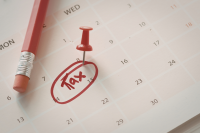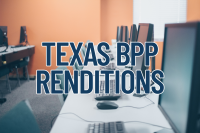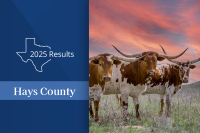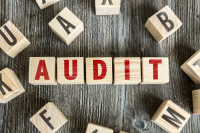How the Texas November 2025 General Election May Impact Your Property Tax Bill
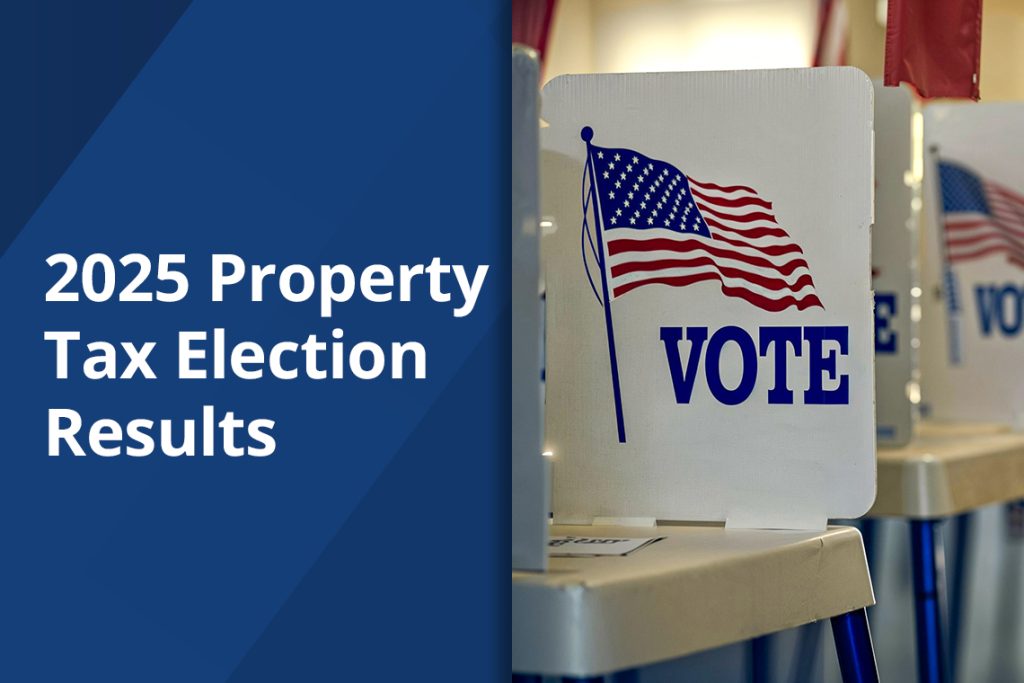
Here’s what you need to know about the results of November’s general election and how it impacts Texas homeowners:
- The November 4, 2025, Texas general election passed several propositions that now affect homeowners’ property tax bills.
- Prop 5 exempts animal feed from personal property taxes when it is held for retail purposes.
- Prop 7 expands the exemption for a surviving spouse of a deceased veteran, lowering the burden of proof for cause of service-related death.
- Prop 9 exempts up to $125,000 of the market value of business personal property (BPP) from taxation.
- Prop 10 creates a new temporary property tax exemption for homeowners who have suffered a total loss of their residence due to a fire.
- Prop 11 increases the additional school district property tax exemption for homeowners aged 65 or older or with disabilities from $10,000 to $60,000.
- Prop 13 raises the statewide standard school district homestead exemption for all primary residences from $100,000 to $140,000.
- Prop 17 exempts the market value increase caused by installing border security infrastructure on property in Texas border counties.
Texas November General Election
The recent general election in Texas, held on November 4, 2025, included several propositions directly affecting certain homeowners and businesses. Voters agreed to pass new and expanded exemptions from ad valorem taxation (another term for property tax) in specific circumstances. That means your next property tax bill could potentially decrease, if you’re eligible. This will provide some relief to offset the increase in property tax rates in cities like Austin.
Here, we’ll break down each relevant proposition and explain how it will affect your property taxes moving forward.
Prop 5: HJR 99 (Retail Animal Feed Exemption)
Proposition 5, or HJR 99, allows the Texas Legislature to exempt from property tax the tangible personal property (physical items) of animal feed held by property owners for the purpose of selling it to the public. While this doesn’t directly affect a residential tax bill, it is a break for certain retail businesses (feed stores) and eligible agricultural landowners. It’s essential to note that agricultural landowners holding feed for their own animals are not covered under this provision, as they are already exempt under the Texas Agricultural Exemption.
This bill is part of a broader effort to reduce the tax burden on property owners and businesses that support Texas agriculture. This exemption applies to the 2026 tax year and subsequent tax years.
Prop 7: HJR 133 (Veteran Surviving Spouse Exemption Expansion)
This proposition expands the existing property tax exemption for the surviving spouse of a deceased veteran. The new law grants a full or partial exemption from property taxes on the surviving spouse’s residence homestead if the cause of death is presumed to be a service-connected disease or condition. Previously, direct proof of a service connection was required under federal law. This provides much-needed tax relief to the surviving families of veterans who died from conditions strongly linked to service, but more difficult to prove.
If the surviving spouse moves and qualifies their new property as a homestead, they may carry forward their tax relief. It’s important to note that they must remain unmarried after the veteran’s death to maintain eligibility.
This takes effect January 1, 2026, and applies to tax years beginning on or after that date.
Prop 9: HJR 1 (Business Personal Property Exemption)
HJR 1 allows the Texas Legislature to exempt a portion of the market value of tangible personal property owned by a person that is used to generate income (i.e., business equipment). This offers a substantial tax benefit for certain business owners, landlords, and commercial entities. It exempts up to $125,000 of the market value of their equipment and inventory (tangible personal property) from property taxation by all local taxing entities.
Even if your BPP value is lower than $125,000, we always recommend filing your BPP taxes by April 15 each year. The CAD could assign a higher value, and you could be fined 10% for filing late. Filing on time also means you have a better chance of success if you need to protest the county’s valuation of your BPP.
This exemption applies to the 2026 tax year and subsequent tax years.
Prop 10: SJR 84 (Fire Disaster Homestead Exemption)
This proposition creates a new temporary property tax exemption for homeowners who have suffered a total loss of their residence due to a fire. If your primary homestead is completely destroyed by a fire, a temporary exemption can be provided for the appraised value of the home’s improvements and repairs. This will provide financial relief to homeowners when they are rebuilding or recovering from a total loss due to fire.
This exemption applies to the 2026 tax year and subsequent tax years. The Legislature is authorized to determine the duration of the temporary exemption and additional eligibility requirements.
Prop 11: SJR 85 (Elderly & Disabled Exemption Increase)
Proposition 11 significantly increases the school district property tax exemption for homeowners aged 65 or older or with a disability. The existing exemption of $10,000 will increase to $60,000 of the market value of their home for school district taxes. This is in addition to the general homestead exemption increase provided by Prop 13, which we’ll discuss next. You can hear more about Prop 11 and its impact here.
This amendment takes effect for the tax year beginning January 1, 2025.
Prop 13: SJR 2 (General Homestead Exemption Increase)
SJR 2 provides broad tax relief to all Texas homeowners by increasing the statewide standard homestead exemption. This is the most significant tax reduction measure for the general public, increasing the school district homestead exemption for all primary residences from $100,000 to $140,000. If eligible, this will result in annual savings of hundreds on the school portion of your property tax bill. You can hear more about Prop 13 and its impact here.
This change applies to the tax year beginning January 1, 2025.
Prop 17: HJR 34 (Border Security Infrastructure Exemption)
This proposition creates a specific property tax exemption for landowners in counties bordering Mexico who build border security infrastructure on their property. For real property located in a county that borders Mexico, this measure exempts the market value increase that is directly caused by the installation or construction of border security infrastructure and related improvements. The goal is to incentivize and provide tax relief for landowners who contribute to border defense.
This exemption applies to the 2026 tax year and subsequent tax years.
If you’re curious about whether or not you could save on your next property tax bill, contact the experts at Gill, Denson & Company today. We’ll thoroughly review your property and circumstances to determine if your value can be lowered. If it can be, we will protest on your behalf and pursue the maximum possible reduction.



